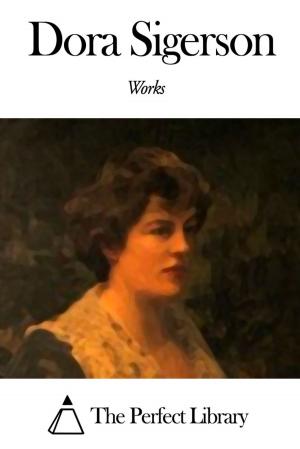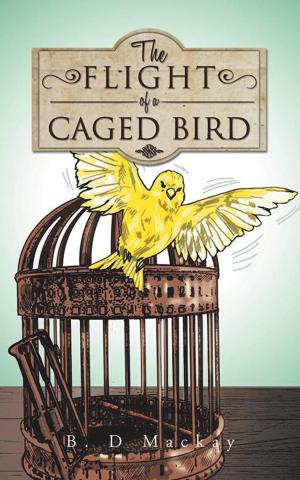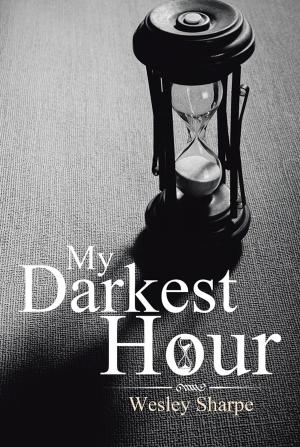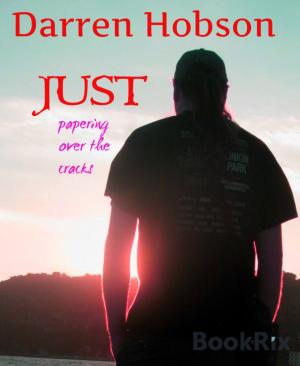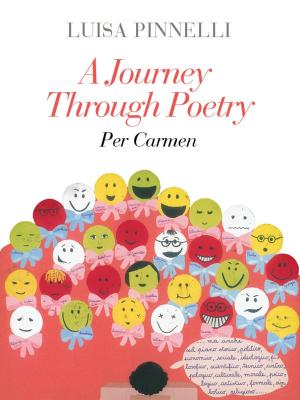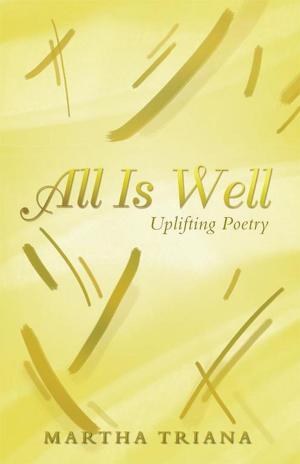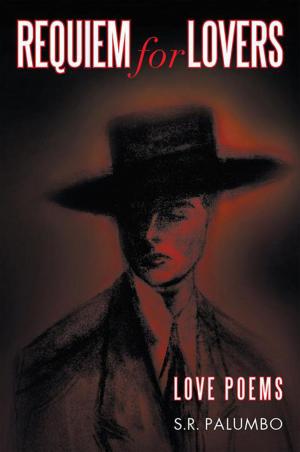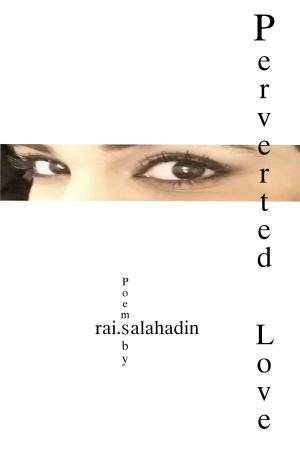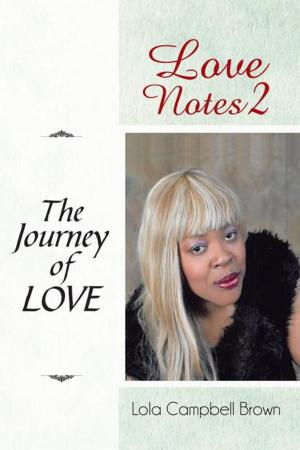| Author: | Anne Jindra | ISBN: | 9781370491049 |
| Publisher: | Anne Jindra | Publication: | April 4, 2017 |
| Imprint: | Smashwords Edition | Language: | English |
| Author: | Anne Jindra |
| ISBN: | 9781370491049 |
| Publisher: | Anne Jindra |
| Publication: | April 4, 2017 |
| Imprint: | Smashwords Edition |
| Language: | English |
Haunting and riveting by turn, The Collected Poetry will open your mind to an understanding of what it is to write. Each piece is unique and opens a different facet of life, culture, and the world around us. For inspiration, for motivation, or for a read that will take you down the road of almost every style of poetry with exquisitely written movements.
I've won awards for English writing and writing reviews on not English things, and made a job of writing for someone who wasn't, for a little while. I've written thesis papers, poetry, short stories, lesson plans, research. I've gotten accolades from people who know. Why?
Because I know people. And because I am willing to edit.
Sometimes the written word fights with me. It struggles with my blinking cursor until I retreat back into the soft curve of penstrokes, the only hard lines charts and checklists- or my ideas drift further out to the more abstract representation of semiotics in art.
Sometimes it talks back, the word. Typos I read past ten times before I catch them, giving my forehead to the keyboard, because all I read was what I made, instead of what I wrote- again.
Yet the Google-fu, artistic turns, checking and re-checking, none of it tops knowing people. Knowing what you've got, and what you haven't.
Got, that is.
Why did they put it down? Why wasn't it what they needed, craved, wrapped themselves up in until the moment for them wasn't what was but instead was what wasn't? There's a reason, and it's always one of two.
There are two types of readers, concrete and abstract.
Concrete readers want the word to tick away like the piano playing against the metronome. The rise and fall fitting into meter, stanzas; content matching content even as it moves.
The abstract wants the word to live in the page, for it to draw them along as they feel their eyes fall asleep and their minds awaken and they wander along a path of adjectives and rich nouns until they see a picture where there isn't one.
What's alive then, and how to trap it into a story?
Or poetry, or turn of phrase, review. Something, anything that will stand out. Isolate your elements and double check your form. There are two parts to a piece, the reader's and yours. It's up to you to weave a coherent thought in between those two and create a something that isn't really there.
Emotional description, physical stimulation- these elements are woven into every chapter as it moves in (roughly) a plot, plot, character development pattern, carrying the reader along. Too long without action and he'll put it down. Too long without growth and she will.
Compelling as it is, the hook, the action, isn't enough for everyone. Lose your grip on literary convention and you'll lose your concrete reader. That person who is gauging your work, just waiting to think: what a great topic sentence. What a well-chosen adjective that decreases the need for superfluous text. What brilliant use of bold, italics, or those big quotes that people put in articles. What great writing.
And for a guide, the following five structures, or strictures, to measure.
Scene and setting
Platonic forms and ideals
Ritual style and movement
Artistic style and emotion
Hue and biological triggers
But above all, remember this. Each literary convention, every rule, was made to be bent, not broken. Be different, and do it well.
Note to the Reader: The quotes from a concrete reader are an actual set of quotes, from a conversation with a friend, while I was asking her if my semicolon could live, or if the second part of my sentence was a dependent clause. Or the first, since the subject was implied from the previous sentence.
Haunting and riveting by turn, The Collected Poetry will open your mind to an understanding of what it is to write. Each piece is unique and opens a different facet of life, culture, and the world around us. For inspiration, for motivation, or for a read that will take you down the road of almost every style of poetry with exquisitely written movements.
I've won awards for English writing and writing reviews on not English things, and made a job of writing for someone who wasn't, for a little while. I've written thesis papers, poetry, short stories, lesson plans, research. I've gotten accolades from people who know. Why?
Because I know people. And because I am willing to edit.
Sometimes the written word fights with me. It struggles with my blinking cursor until I retreat back into the soft curve of penstrokes, the only hard lines charts and checklists- or my ideas drift further out to the more abstract representation of semiotics in art.
Sometimes it talks back, the word. Typos I read past ten times before I catch them, giving my forehead to the keyboard, because all I read was what I made, instead of what I wrote- again.
Yet the Google-fu, artistic turns, checking and re-checking, none of it tops knowing people. Knowing what you've got, and what you haven't.
Got, that is.
Why did they put it down? Why wasn't it what they needed, craved, wrapped themselves up in until the moment for them wasn't what was but instead was what wasn't? There's a reason, and it's always one of two.
There are two types of readers, concrete and abstract.
Concrete readers want the word to tick away like the piano playing against the metronome. The rise and fall fitting into meter, stanzas; content matching content even as it moves.
The abstract wants the word to live in the page, for it to draw them along as they feel their eyes fall asleep and their minds awaken and they wander along a path of adjectives and rich nouns until they see a picture where there isn't one.
What's alive then, and how to trap it into a story?
Or poetry, or turn of phrase, review. Something, anything that will stand out. Isolate your elements and double check your form. There are two parts to a piece, the reader's and yours. It's up to you to weave a coherent thought in between those two and create a something that isn't really there.
Emotional description, physical stimulation- these elements are woven into every chapter as it moves in (roughly) a plot, plot, character development pattern, carrying the reader along. Too long without action and he'll put it down. Too long without growth and she will.
Compelling as it is, the hook, the action, isn't enough for everyone. Lose your grip on literary convention and you'll lose your concrete reader. That person who is gauging your work, just waiting to think: what a great topic sentence. What a well-chosen adjective that decreases the need for superfluous text. What brilliant use of bold, italics, or those big quotes that people put in articles. What great writing.
And for a guide, the following five structures, or strictures, to measure.
Scene and setting
Platonic forms and ideals
Ritual style and movement
Artistic style and emotion
Hue and biological triggers
But above all, remember this. Each literary convention, every rule, was made to be bent, not broken. Be different, and do it well.
Note to the Reader: The quotes from a concrete reader are an actual set of quotes, from a conversation with a friend, while I was asking her if my semicolon could live, or if the second part of my sentence was a dependent clause. Or the first, since the subject was implied from the previous sentence.



